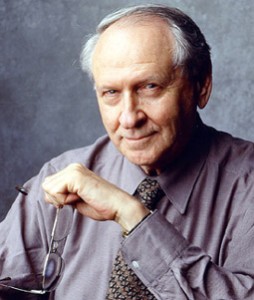 Did you know that Yahoo! has released, or is soon to release, its own style guide for editing and publishing on the Web? On, yes, “the Web,” capital-W. So sayeth Yahoo! In this it falls in line with the AP, which tackled a lot of new Internet (capital-I) lingo more than a decade ago. And while Yahoo! prefers “Web” and “Web Feed” and “Web hosting” it also demands “webcast,” “webpage,” and “website.” This seems arbitrary, but then again what style guide isn’t? And who wants to keep writing “You can find it on my Web site” for the rest of our lives?
Did you know that Yahoo! has released, or is soon to release, its own style guide for editing and publishing on the Web? On, yes, “the Web,” capital-W. So sayeth Yahoo! In this it falls in line with the AP, which tackled a lot of new Internet (capital-I) lingo more than a decade ago. And while Yahoo! prefers “Web” and “Web Feed” and “Web hosting” it also demands “webcast,” “webpage,” and “website.” This seems arbitrary, but then again what style guide isn’t? And who wants to keep writing “You can find it on my Web site” for the rest of our lives?
Strangely, you have to buy a print copy of the style manual to read it all, but you can browse through a sampling of the official Yahoo! word list here. Let the outrage commence.

 Did anyone catch the Magazine’s
Did anyone catch the Magazine’s